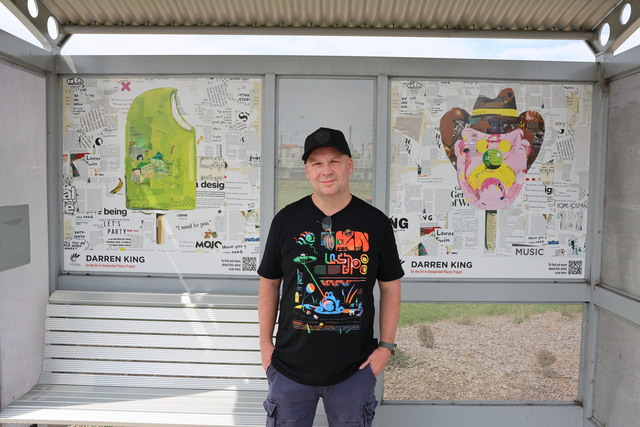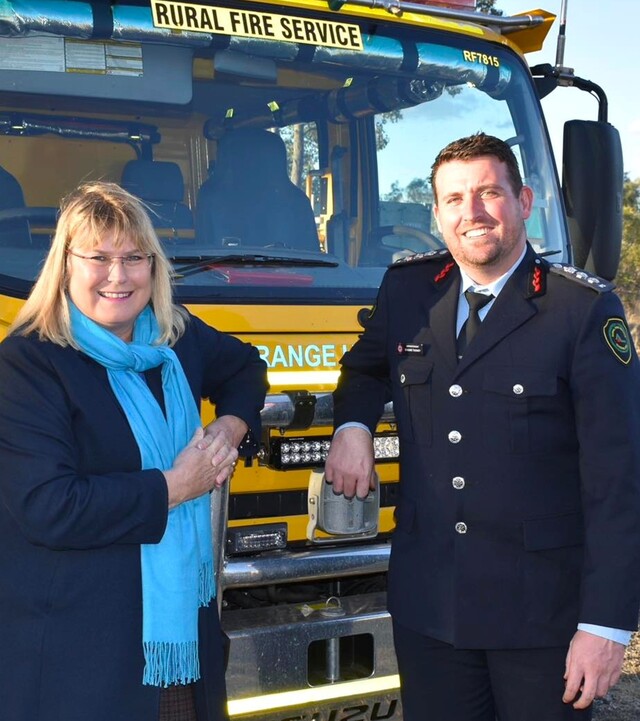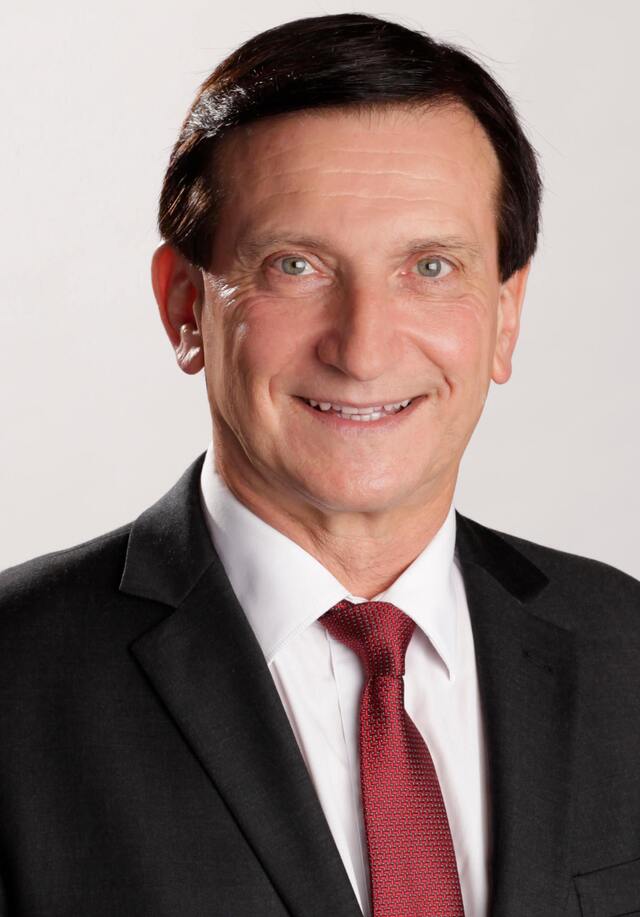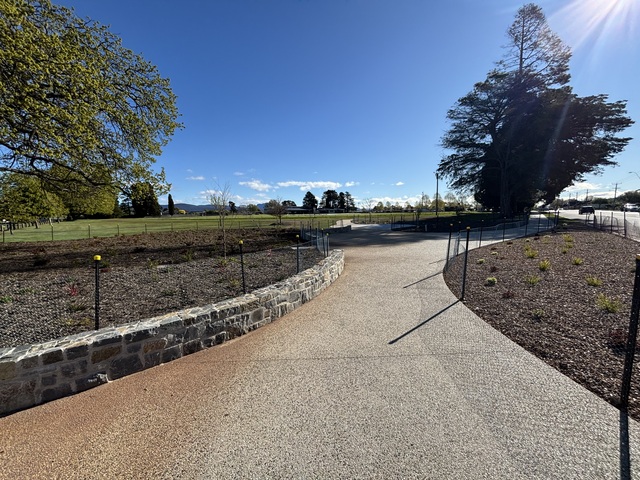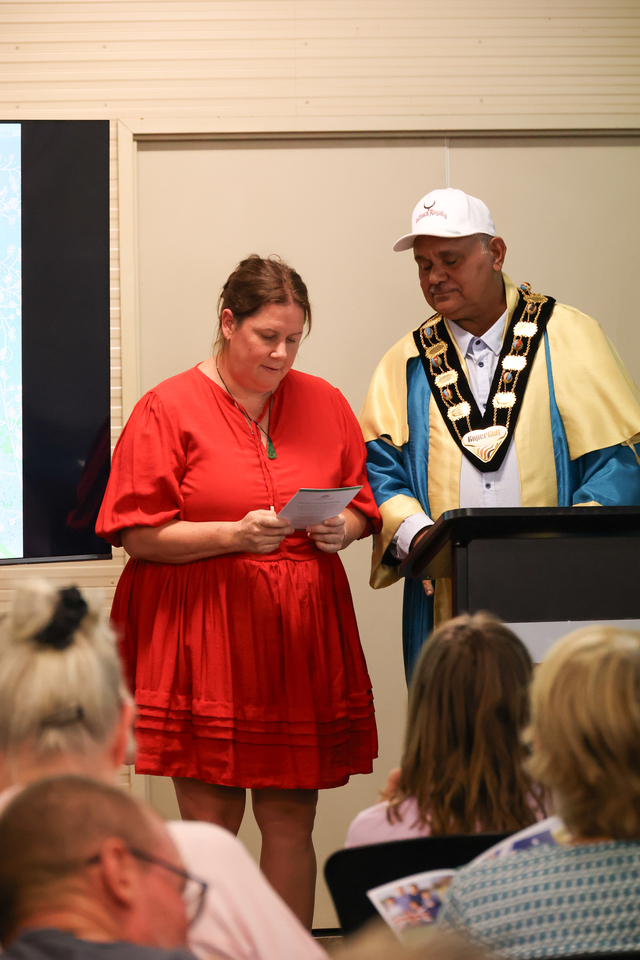The 2008 LGPro Annual Conference centred around the theme ‘What If…?’ and sparked much discussion on the progress Local Government can make in reconciliation following the Federal Government’s recent formal apology to the Stolen Generations and Indigenous people.
Held from 13 to 15 February, the core focus of the conference was sustainability of the relationship between Local Government and the community, taking into account the likely impact of social, cultural, environmental and economic factors.
In opening the conference, Deputy Lord Mayor of Melbourne City Council, Gary Singer, said 2008 will be a year of opportunity for Australian Local Government. He said Councils have much experience in bringing about change and this will be necessary to address social issues.
“Councils must now build on the momentum of the Federal Government’s apology,” he said. “We must galvanise our communities to support Indigenous culture and to do this, we need to work with community leaders and improve life for the Indigenous community.”
Victorian Minister for Local Government, Richard Wynne, was present at the Prime Minister’s apology address. He said there was a sense of optimism that came from acknowledgement of Indigenous people’s grief.
“We should now pause and reflect on the apology and look at what we as Local Government can do in a practical sense to make a difference in the lives of Indigenous people in our communities,” Minister Wynne said.
The Minister said that education and employment are key areas for Local Government to build on.
“Local Government is a large employer and we should see the introduction of more positive policies to employ Indigenous young people, whether it be directly or through scholarships and traineeships.”
CEO of the Victorian Aboriginal Child Care Agency, Muriel Bamblett, spoke from personal experience, saying that to Indigenous people, land is not just a place where bodies stand, but a place where people exist, speak, listen and share – it is a sacred place.
“I am lucky to have grown up with my family on my traditional land,” she said. “It has made me who I am today. To have taken that away from so many people has taken away a profound sense of belonging. I am proud of today’s Government and I am proud of the Prime Minister’s leadership in acknowledging the wrong doing of previous Parliaments.”
Muriel Bamblett said that in engaging with Indigenous communities, there are three key things to remember: deep listening, respect and recognition of Aboriginal rights and treasuring Aboriginal cultures.
“You need to listen with your ears and your hearts and you need to put yourself in our shoes,” she said. “You need to understand that racism runs so deep that when dealing with white people, Indigenous people can unknowingly react negatively.”
Muriel Bamblett said building self determination is key to achieving reconciliation and social inclusion.
“Treat and engage the Indigenous community as self respecting people, not as though they are a problem,” she said. “Aboriginals are reluctant to access mainstream services, as many service providers have a lack of cultural appropriate skills, understanding and attitudes. They need to understand how body language, and organisational appearance come across.
“By building the Indigenous communities’ skills and knowledge, we will help them to exercise their rights, freedoms and responsibilities. This is not only important to improve the relationship with government but with mainstream society.”


